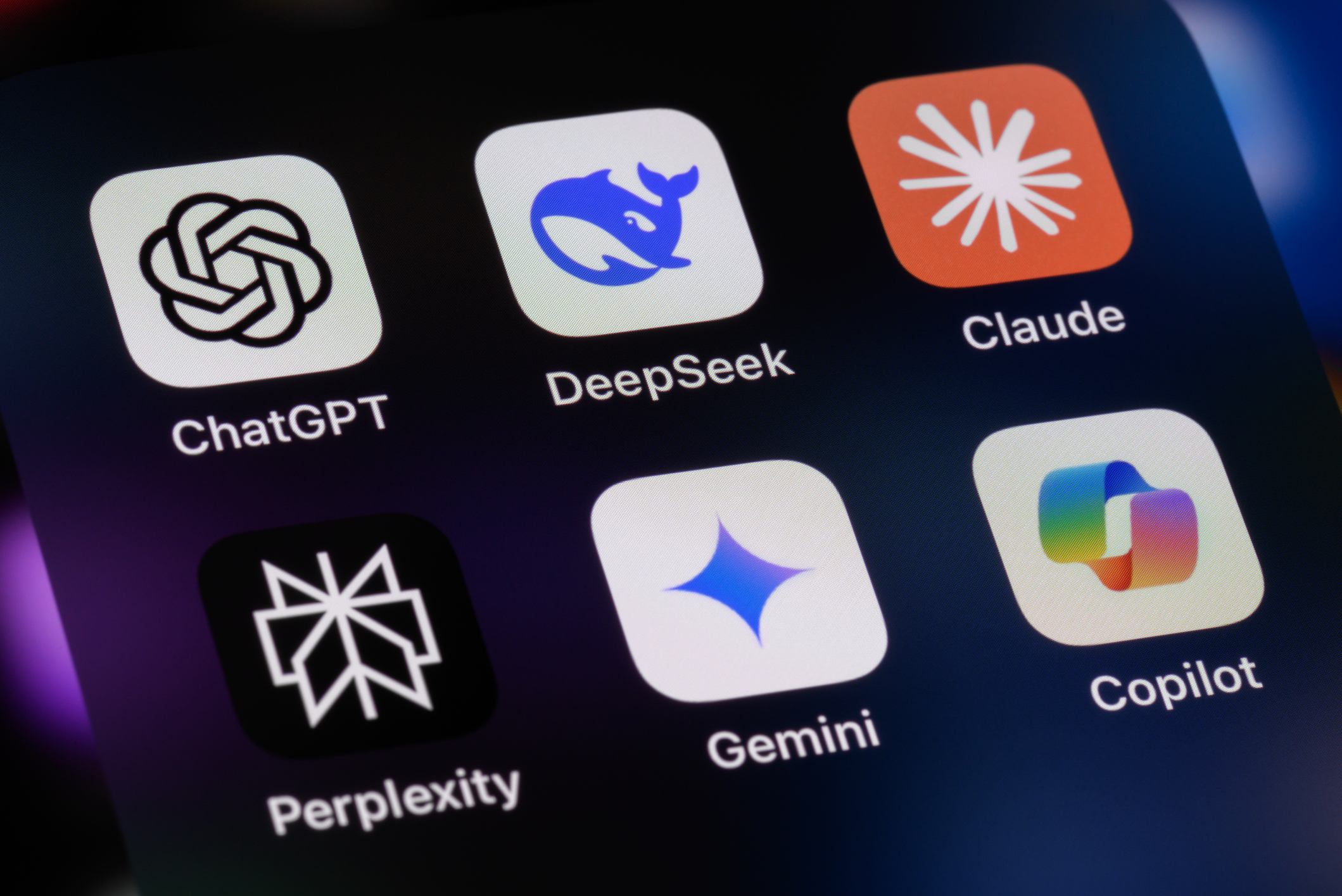AI Therapy: What Experts Recommend
Introduction to AI in Therapy
Generative AI has become a tool in various fields including education and work-related inquiries. But, its application in therapy is capturing significant attention. Mental health experts are delving into how AI chatbots can assist individuals seeking personal support. The prospect of having an AI companion to guide therapy is both fascinating and somewhat controversial.
1. Understanding AI's Limitations
It's crucial to recognize that AI chatbots lack human empathy and emotional intelligence. They can provide structured guidance but cannot replace human therapists. Acknowledging these limitations ensures users set realistic expectations and use AI as a supplementary tool rather than a primary resource.
2. Ensuring Data Privacy
Data privacy is paramount when interacting with AI. Experts advise users to review terms and agreements to understand how their personal information is managed. Ensuring that your data remains confidential should be a priority when using AI for sensitive subjects.
3. Personalization is Key
While AI can generate responses based on inputs, every individual's emotional landscape is unique. Tailoring AI interactions to reflect personal experiences enhances the effectiveness of these sessions. Users can work better with AI by incorporating personal anecdotes and specific issues they are facing.
4. Factoring in Human Intervention
AI's role should be complimentary and not substitutive. Regular check-ins with a human therapist are advised to cross-verify AI's recommendations. Mixing AI support with human oversight provides a balanced therapeutic approach.
5. Continuous Monitoring and Feedback
Providing feedback on AI interactions helps developers improve these systems. Any discrepancies or inaccuracies in AI guidance should be shared with platform developers to facilitate enhancements. Continuous monitoring ensures that AI therapy maintains high standards of efficacy.
"AI can offer new insights and behavioral nudges, but it cannot yet replace the nuanced, complex human conversation." - Dr. Ada Grace, Mental Health Expert
Additional Resources

AI chatbots are evolving to become more human-like, with ongoing developments aimed at increasing their empathetic response. This keeps the door open for future possibilities in the therapeutic field. Users keen on exploring AI's role in therapy should stay informed with the latest updates and research.
